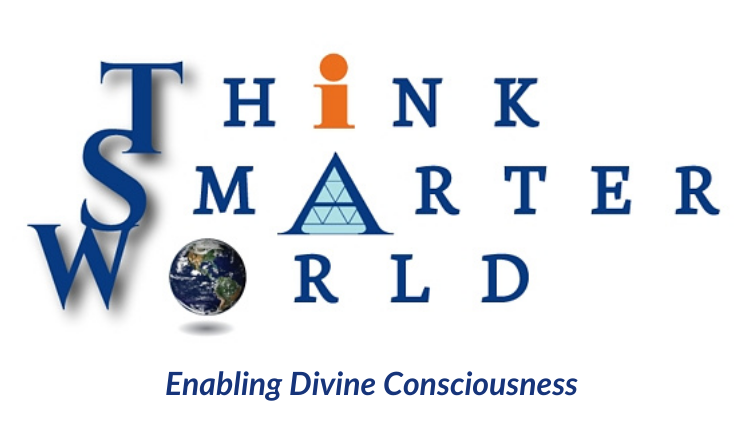In April of 2014, author and entrepreneur Seth Godin, wrote a very profound and insightful manifesto on the state of our current K-12 educational system – Stop Stealing Dreams. If you have school age children, you will have probably noticed the same issues that Mr. Godin speaks of. The acute problem is that the continuing test-driven, information memorization educational model no longer makes sense in a period when robotics and the internet make rote memorization less important. What is more important is making connections across different functional domains, how to access the necessary information dynamically as needed, understanding how to create new ideas and solutions, and having the skills to proactively learn new things and upgrade your capability on a lifelong basis.
“We spend a fortune teaching trigonometry to kids who don’t understand it, won’t use it, and will spend no more of their lives studying math. We invest thousands of hours exposing millions of students to fiction and literature, but end up training most of them to never again read for fun (one study found that 58 percent of all Americans never read for pleasure after they graduate from school). As soon as we associate reading a book with taking a test, we’ve missed the point. Even though the workplace and civil society demand variety, the industrialized school system works to stamp it out. The industrialized mass nature of school goes back to the very beginning, to the common school and the normal school and the idea of universal schooling. All of which were invented at precisely the same time we were perfecting mass production and interchangeable parts and then mass marketing.We continually raise the bar on what it means to be a college professor, but churn out Ph.D.s who don’t actually teach and aren’t particularly productive at research, either. We teach facts, but the amount of knowledge truly absorbed is miniscule.”
The focus of programs such as No Child Left Behind and Race to the Top fail at Systems Thinking. Saying that the main reason children don’t produce good test results is because test and teaching standards are not high enough fails to understand the myriad systemic linkages in that child’s life. We can look at many of the connections through a simple Mind Map:
This may not be a complete and thorough list but I think if we were to look at the children around us who are succeeding at a high level in school, we would check off most of these boxes for each child. Unless we change societal structural issues that allow more children to achieve these success factors in their lives, we will continue to be disappointed in the declining test results of American children as a whole. The countries around the world that are doing better in the student success area, have figured out ways to create societal programs and cultural norms that support and embrace much larger proportions of their population. Just implementing one of the factors above – implementing universal and free access to 0-5 Early Childhood Education (ECE) for all children, as an example, would dramatically alter the educational performance of children. Test results show that children who have had access to ECE far outperform other children, especially when it comes to being able to read well at the right age. This is important because if children are not reading adequately by 3rd grade, from then on they steadily fall behind their peers. The phrase often used is that up till 3rd grade, children are learning to read, and after 3rd grade, they are reading to learn. If kids can’t adequately read by 3rd grade, they can’t learn what we want them to, no matter how rigorous the curriculum, teaching, and testing. Moreover, this falling back by these students ends up costing dearly in terms of remedial training, lost class room time, and impact to other students who are further along. Some school districts are in fact finding that they should fund ECE themselves for their students because it is ultimately cheaper down the road.
That’s just one Student Success Factor, imagine if we took a look at each one of them and then started to see how they interact. That’s the level of Systems Thinking that the K-12 educational issue needs in order to be truly remedied.
To my mind this is one of the most important societal issues we face. The Godin Manifesto is essential reading (and worth sharing with friends, teachers, and school administrators). And, for more background on the benefits of Early Childhood Education, see this brief from Harvard University on The Science behind Early Childhood Education.
-Jay Kshatri
www.ThinkSmarterWorld.com






